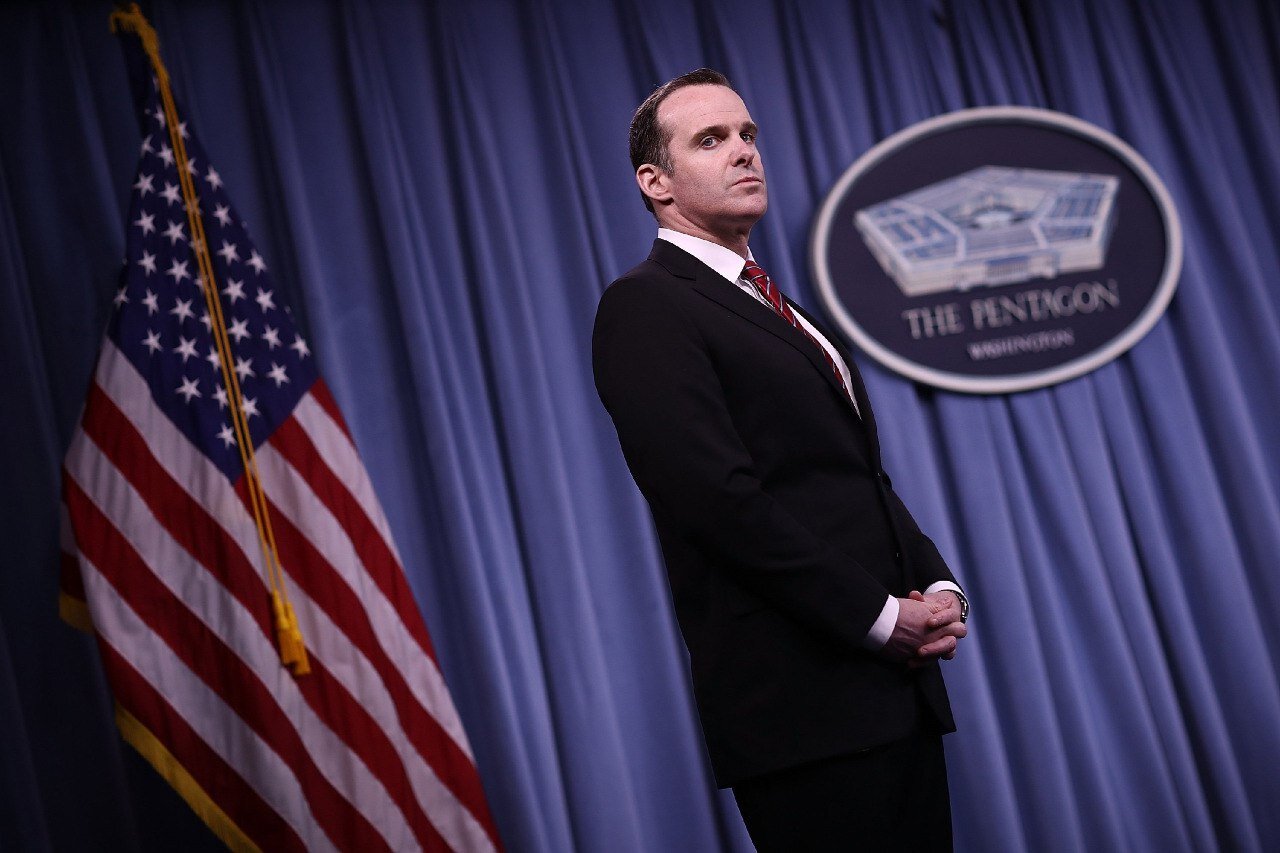The Real Plan

TEHRAN – A senior Biden official has cast doubt over the possibility of reviving the 2015 Iran nuclear deal and enumerated the Biden administration’s alternative plan toward the Islamic Republic, the Tehran Times can reveal.
Since its early days, the Biden administration has focused on no Iran-related matter as much as the Joint Comprehensive Plan of Action (JCPOA). Almost at every State Department press briefing, there were statements in this regard, potentially signaling the Biden administration’s interest in reviving the tattered deal.
But behind the scenes, different things were under discussion.
The Tehran Times has obtained information showing that a senior Biden official, who currently leads American backchannel diplomacy with Iran, has voiced dismay at resurrecting the JCPOA while outlining the much-discussed Plan B of the U.S.
The official, Brett McGurk, who is White House Coordinator for the Middle East and North Africa, is heard in an audiotape obtained by the Tehran Times saying that the JCPOA is unlikely to be resuscitated.
McGurk has recently filled in for former U.S. envoy for Iran Rob Malley in the negotiations with Iran after the latter was placed on unpaid leave in April. In a recent round of negotiations in a Persian Gulf country, McGurk sought to convince the Iranian side that the dismissal of Malley was in the interest of the negotiations with Iran.
However, the information obtained by the Tehran Times indicates that McGurk himself was unsure that the nuclear talks with Iran were worth the effort.
“We had a disagreement with Israelis on whether getting back in the JCPOA as it is or whether getting a longer stronger deal upfront, we just have a difference of opinion in terms of what is possible um but I’m increasingly, I think it’s increasingly less likely we’re gonna get back into JCPOA anyway,” the American official is heard saying in the audiotape.
McGurk then reveals the components of the U.S.’s Plan B toward Iran, which includes sanctions, diplomatic isolation, military force, and sabotage.
“So, in any event, we are gonna be in the sort of plan B (world?) which means options of the toolkit as what it is, it is diplomatic isolation, its sanctions, it’s a military force, its sabotage,” McGurk averred.
Ironically, this Plan B failed miserably judging by the improvement of the overall situation in Iran. U.S. sanctions are now less effective against Iran, which has now succeeded in finding ways to reduce its economic impact to the minimum. Iran is now selling oil at record levels.
And diplomatic isolation is merely a charade, with Iran significantly improving relations with neighboring countries and joining organizations like BRICS and the Shanghai Cooperation Organization (SCO).
With respect to military force, the U.S. has been unable to even raise the possibility of it given Iran’s growing deterrence capabilities.
The only option that was put into force to some extent was sabotage, which Iran greatly succeeded in preventing. The U.S. sought to commit acts of sabotage inside Iran, but its efforts were foiled by Iran’s intelligence agencies.
With its Plan B coming to naught, the U.S. seems to have tilted toward a sort of de-escalation with Iran in recent weeks as evidenced by the prisoner swap deal. After long negotiations with Iran, the Biden administration ultimately agreed to unblock Iranian funds in South Korean banks in exchange for the release of American prisoners in Iran. This deal is on the cusp of being implemented.
The new approach of the U.S. toward Iran has been formulated within the concept of Plan C by some think tank circles. The concept revolves around measures aimed at containing the situation rather than fundamentally solving it.
By Sadegh Fereydounabadi
Leave a Comment